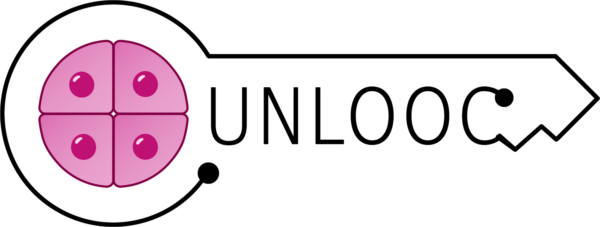Motivation
Microelectronics plays a central role in digitalisation and is considered a key technology. Mastering it is of crucial importance for Europe’s technological independence. As part of the European KDT partnership, the EU, together with the member states, supports pioneering research projects and pilot productions in microelectronics. In Germany, the focus is on topics such as multifunctional electronic systems, energy-efficient power electronics, complex system design and advanced production technologies.
Aims and approach
The aim of this project is to develop electronic components for organ-on-chip (OOC) systems that are intended to replace animal experiments in the long term. The focus here is on further developing OOCs so that they can be used as routine applications. The planned developments include biological platforms, highly parallel hardware and software for high-throughput examinations, standardised work protocols and innovative selection technologies. The project combines expertise from biotechnology and physics, such as microfluidics and sensor technology, with advanced data analysis using artificial intelligence to create a powerful laboratory platform.
Innovation and prospects
Numerous technological innovations are being developed as part of the project, which together form an advanced organ-on-chip platform. This will be used for personalised efficacy and toxicity testing of drugs as well as chemical and cosmetic substances. This will enable the development of more targeted therapies for specific patient groups, more precise diagnostics and faster and more cost-efficient drug development.


